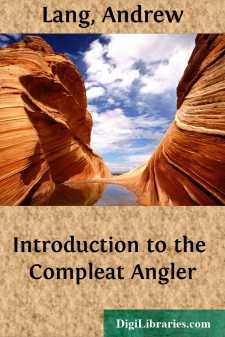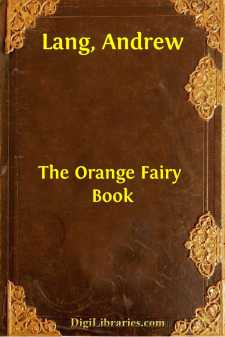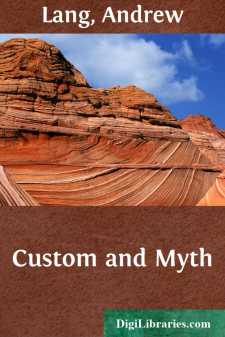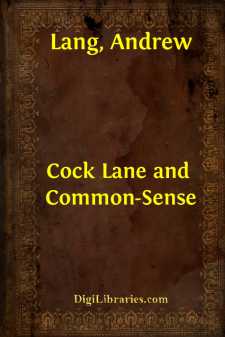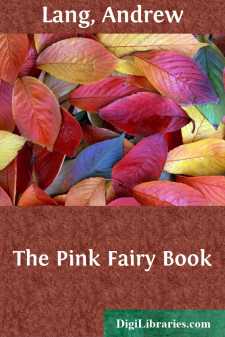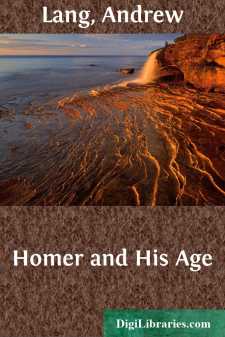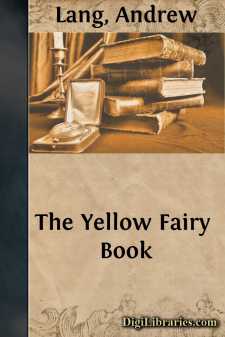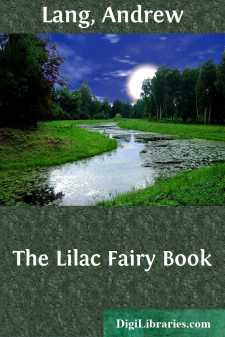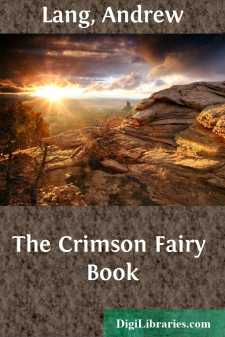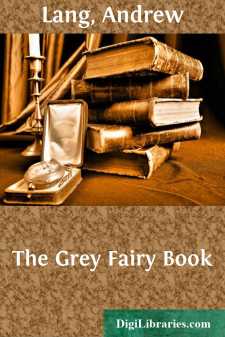Categories
- Antiques & Collectibles 13
- Architecture 36
- Art 48
- Bibles 22
- Biography & Autobiography 813
- Body, Mind & Spirit 142
- Business & Economics 28
- Children's Books 17
- Children's Fiction 14
- Computers 4
- Cooking 94
- Crafts & Hobbies 4
- Drama 346
- Education 46
- Family & Relationships 57
- Fiction 11829
- Games 19
- Gardening 17
- Health & Fitness 34
- History 1377
- House & Home 1
- Humor 147
- Juvenile Fiction 1873
- Juvenile Nonfiction 202
- Language Arts & Disciplines 88
- Law 16
- Literary Collections 686
- Literary Criticism 179
- Mathematics 13
- Medical 41
- Music 40
- Nature 179
- Non-Classifiable 1768
- Performing Arts 7
- Periodicals 1453
- Philosophy 64
- Photography 2
- Poetry 896
- Political Science 203
- Psychology 42
- Reference 154
- Religion 513
- Science 126
- Self-Help 84
- Social Science 81
- Sports & Recreation 34
- Study Aids 3
- Technology & Engineering 59
- Transportation 23
- Travel 463
- True Crime 29
Sort by:
by:
Andrew Lang
HIS LIFE The few events in the long life of Izaak Walton have been carefully investigated by Sir Harris Nicolas. All that can be extricated from documents by the alchemy of research has been selected, and I am unaware of any important acquisitions since Sir Harris Nicolas’s second edition of 1860. Izaak was of an old family of Staffordshire yeomen, probably descendants of George Walton of...
more...
by:
Andrew Lang
Preface The children who read fairy books, or have fairy books read to them, do not read prefaces, and the parents, aunts, uncles, and cousins, who give fairy books to their daughters, nieces, and cousins, leave prefaces unread. For whom, then, are prefaces written? When an author publishes a book 'out of his own head,' he writes the preface for his own pleasure. After reading over his book...
more...
by:
Andrew Lang
INTRODUCTION. Though some of the essays in this volume have appeared in various serials, the majority of them were written expressly for their present purpose, and they are now arranged in a designed order. During some years of study of Greek, Indian, and savage mythologies, I have become more and more impressed with a sense of the inadequacy of the prevalent method of comparative mythology. That...
more...
by:
Andrew Lang
PREFACE. Since the first publication of Cock Lane and Common-Sense in 1894, nothing has occurred to alter greatly the author’s opinions. He has tried to make the Folklore Society see that such things as modern reports of wraiths, ghosts, ‘fire-walking,’ ‘corpse-lights,’ ‘crystal-gazing,’ and so on, are within their province, and within the province of anthropology. In this attempt he...
more...
by:
Andrew Lang
The Cat's Elopement [From the Japanische Marchen und Sagen, von David Brauns (Leipzig: Wilhelm Friedrich).] Once upon a time there lived a cat of marvellous beauty, with a skin as soft and shining as silk, and wise green eyes, that could see even in the dark. His name was Gon, and he belonged to a music teacher, who was so fond and proud of him that he would not have parted with him for anything...
more...
by:
Andrew Lang
PREFACE In Homer and the Epic, ten or twelve years ago, I examined the literary objections to Homeric unity. These objections are chiefly based on alleged discrepancies in the narrative, of which no one poet, it is supposed, could have been guilty. The critics repose, I venture to think, mainly on a fallacy. We may style it the fallacy of "the analytical reader." The poet is expected to satisfy...
more...
by:
Andrew Lang
PREFACE The Editor thinks that children will readily forgive him for publishing another Fairy Book. We have had the Blue, the Red, the Green, and here is the Yellow. If children are pleased, and they are so kind as to say that they are pleased, the Editor does not care very much for what other people may say. Now, there is one gentleman who seems to think that it is not quite right to print so many...
more...
by:
Andrew Lang
Preface 'What cases are you engaged in at present?' 'Are you stopping many teeth just now?' 'What people have you converted lately?' Do ladies put these questions to the men—lawyers, dentists, clergymen, and so forth—who happen to sit next them at dinner parties? I do not know whether ladies thus indicate their interest in the occupations of their casual neighbours at...
more...
by:
Andrew Lang
Preface Each Fairy Book demands a preface from the Editor, and these introductions are inevitably both monotonous and unavailing. A sense of literary honesty compels the Editor to keep repeating that he is the Editor, and not the author of the Fairy Tales, just as a distinguished man of science is only the Editor, not the Author of Nature. Like nature, popular tales are too vast to be the creation of a...
more...
by:
Andrew Lang
Donkey Skin There was once upon a time a king who was so much beloved by his subjects that he thought himself the happiest monarch in the whole world, and he had everything his heart could desire. His palace was filled with the rarest of curiosities, and his gardens with the sweetest flowers, while in the marble stalls of his stables stood a row of milk-white Arabs, with big brown eyes. Strangers who...
more...


